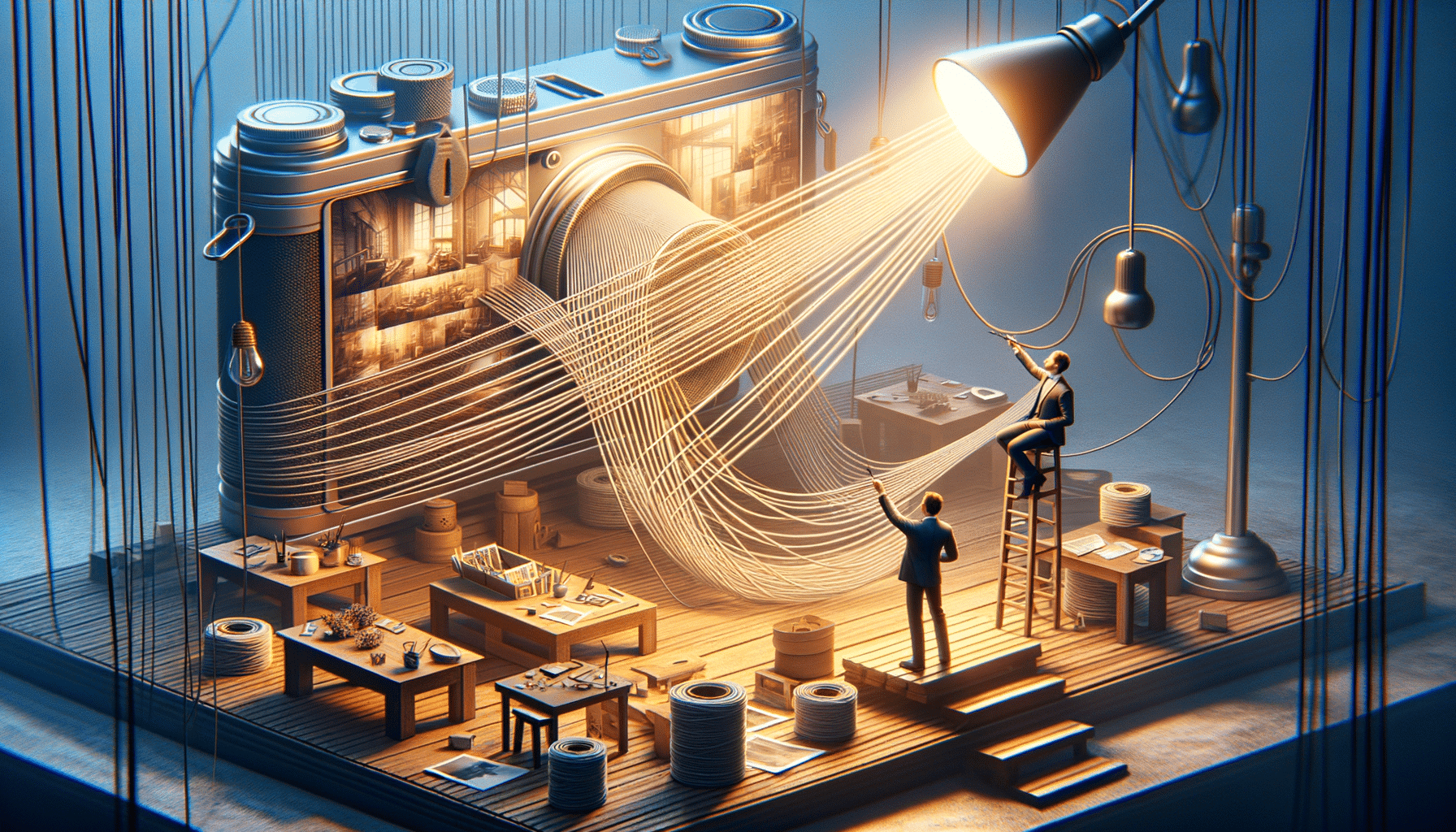
The Essential Role of Office Cleaners in Modern Workspaces
The Importance of Office Cleaners
In today’s fast-paced business world, the role of office cleaners is more critical than ever. These unsung heroes ensure that workspaces remain clean, hygienic, and conducive to productivity. A clean office is not just about aesthetics; it significantly impacts employee health, morale, and efficiency. Studies have shown that a clean work environment can reduce the spread of illnesses, leading to fewer sick days and increased productivity. Moreover, a tidy office space can improve mental health by reducing stress and promoting a sense of well-being among employees.
Office cleaners are responsible for various tasks, including dusting, vacuuming, sanitizing restrooms, and disposing of waste. Their work ensures that office spaces meet health and safety standards, which is particularly important in the wake of global health concerns. By maintaining a clean environment, office cleaners help businesses project a professional image to clients and visitors, which can be crucial for reputation management.
Furthermore, the role of office cleaners extends beyond basic cleaning. They are often the first line of defense against potential hazards, such as spills or broken equipment, which can lead to accidents. By addressing these issues promptly, they help maintain a safe workplace for everyone. In essence, office cleaners provide essential services that support the overall functioning of an organization.
Challenges Faced by Office Cleaners
Despite their importance, office cleaners often face numerous challenges in their daily tasks. One significant challenge is the time constraint. Many cleaning tasks are scheduled outside regular business hours, requiring cleaners to work late nights or early mornings. This schedule can be demanding and may affect their work-life balance. Additionally, cleaners must be efficient and thorough within a limited time frame, ensuring that all areas are cleaned to a high standard.
Another challenge is the physical nature of the job. Office cleaning involves repetitive tasks that can lead to physical strain and injuries. Cleaners must often lift heavy objects, operate machinery, and use cleaning chemicals, all of which require proper training and safety precautions. Employers must ensure that cleaners have access to ergonomic tools and personal protective equipment to minimize the risk of injury.
Moreover, office cleaners must adapt to various environments and client expectations. Each office may have different cleaning needs, and cleaners must be flexible and attentive to detail to meet these requirements. This adaptability is crucial in maintaining client satisfaction and ensuring the continued success of cleaning services.
Advancements in Office Cleaning Techniques
The field of office cleaning has seen significant advancements in recent years, driven by technology and a growing emphasis on sustainability. Modern cleaning techniques and equipment have transformed the way office spaces are maintained, making the process more efficient and environmentally friendly.
One notable advancement is the use of green cleaning products. These eco-friendly solutions are designed to minimize environmental impact while effectively cleaning surfaces. They reduce the use of harsh chemicals, promoting a healthier environment for both cleaners and office occupants. Green cleaning is becoming increasingly popular as businesses strive to meet sustainability goals and reduce their carbon footprint.
Technology has also played a pivotal role in enhancing cleaning practices. Automated cleaning machines, such as robotic vacuum cleaners, are now common in office settings. These machines can operate autonomously, covering large areas with minimal human intervention. This innovation allows cleaners to focus on more detailed tasks that require a human touch, improving overall efficiency.
Furthermore, advancements in data analytics have enabled more strategic cleaning schedules. Sensors and IoT devices can monitor office usage patterns, identifying high-traffic areas that require more frequent cleaning. This data-driven approach ensures that resources are allocated effectively, maintaining cleanliness without wasting time or materials.
In conclusion, the role of office cleaners is evolving with the times. By embracing new technologies and sustainable practices, they continue to provide essential services that support the health and productivity of modern workspaces.


